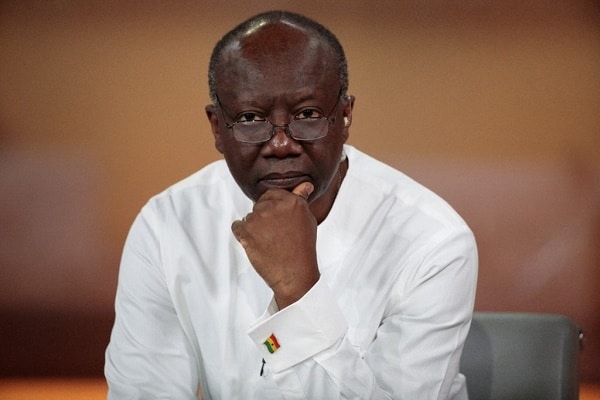Ghana’s fiscal deficit is set to remain elevated throughout 2023-2025, as per the latest Africa Pulse Report released by the World Bank in April 2023.
The report states that the country’s limited ability to issue long-term domestic debt and its lack of access to international capital markets are contributing to this scenario.
While this will create significant challenges for Ghana, the successful implementation of an International Monetary Fund (IMF)-supported program could help contain the deficit and provide the necessary financing.
Ghana’s fiscal deficit stood at over 9% of Gross Domestic Product (GDP) in 2022. The country’s inability to issue long-term domestic debt is primarily due to a high level of indebtedness that has resulted in the country reaching the legal limit on its debt-to-GDP ratio.
In addition, the lack of access to international capital markets is due to Ghana’s credit ratings, which have been downgraded over the years, making it difficult for the country to secure loans on favorable terms.
The World Bank’s report further notes that Ghana’s fiscal deficit is expected to be compounded by severe financing constraints, which are likely to continue in the coming years.
The ongoing debt restructuring negotiations are expected to provide the necessary financing, along with the IMF-supported program. The success of this program will be crucial for Ghana’s economic recovery, as it will help to stabilize the fiscal situation, reduce the country’s debt burden, and create room for sustainable economic growth.
The Africa Pulse Report also highlights that the fiscal deficit in Sub-Saharan Africa is projected to have widened from 4.8% in 2021 to 5.2% in 2022, primarily driven by the deterioration in fiscal outcomes among mineral and metal exporters in the region. However, the deficit is expected to narrow to 4.3% in 2024 and an average of 3.0% in 2024-25.
The current fiscal deficit scenario in Ghana presents significant challenges for the country. While the lack of access to international capital markets and limited ability to issue long-term domestic debt will likely exacerbate the situation, the successful implementation of an IMF-supported program could provide much-needed relief. As such, policymakers in Ghana must prioritize measures to address the country’s high indebtedness and work towards creating an enabling environment for sustainable economic growth.
Source: norvanreports





